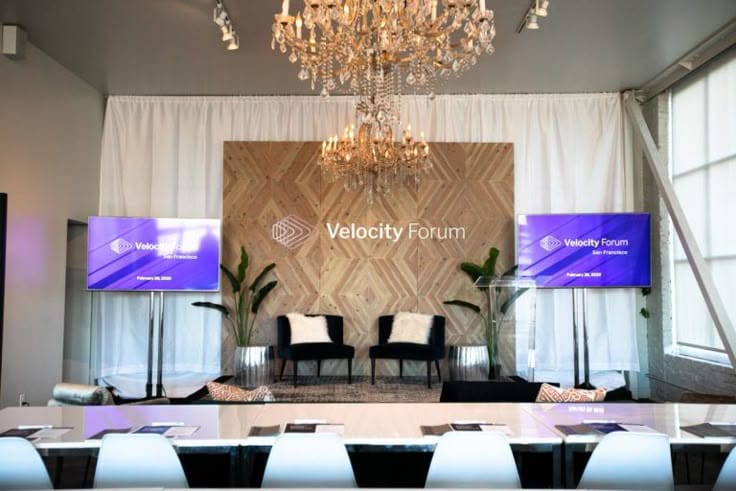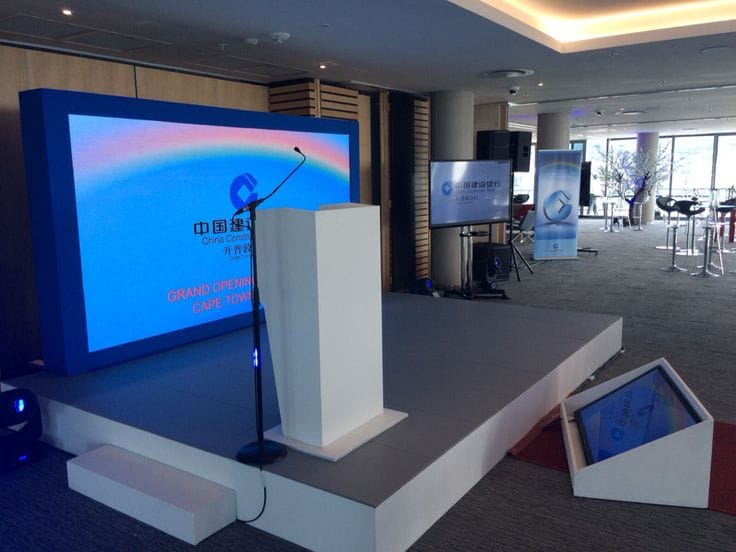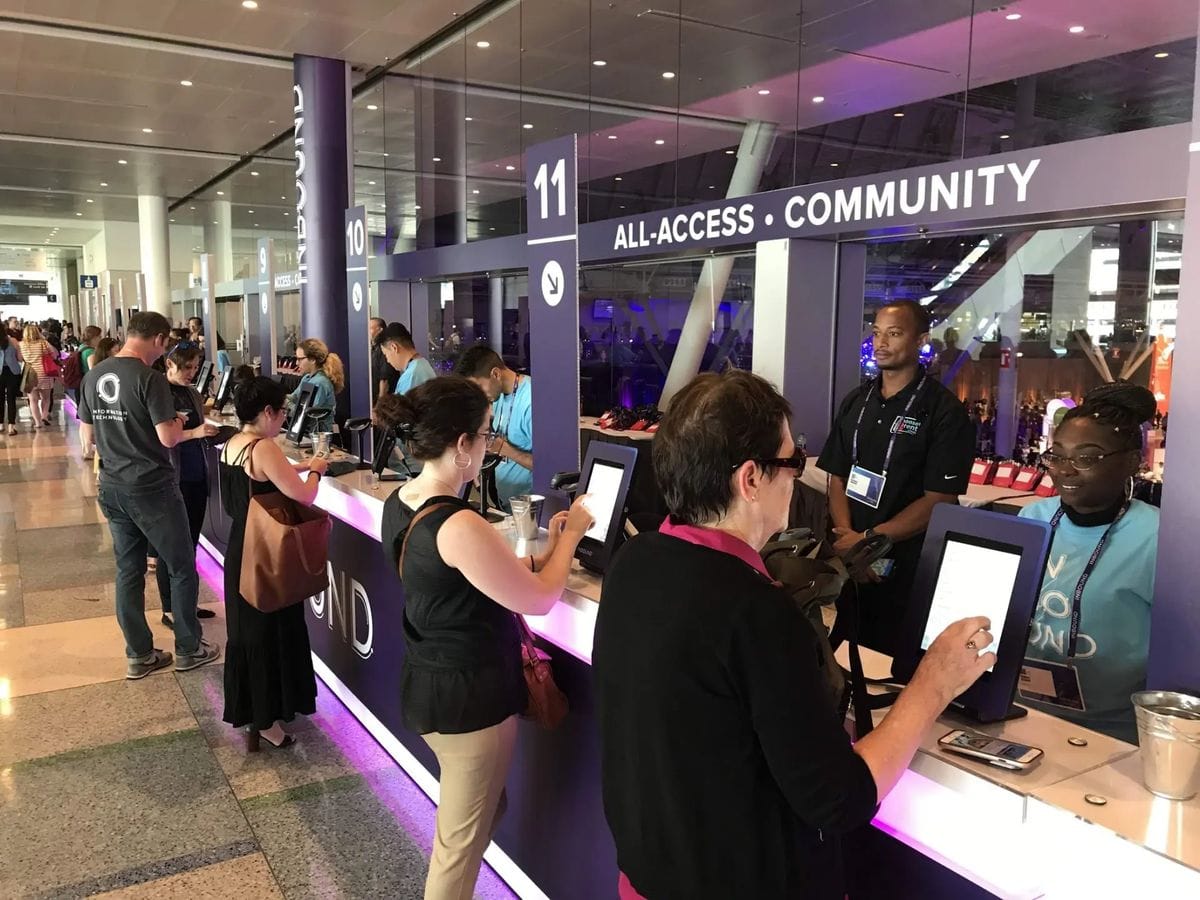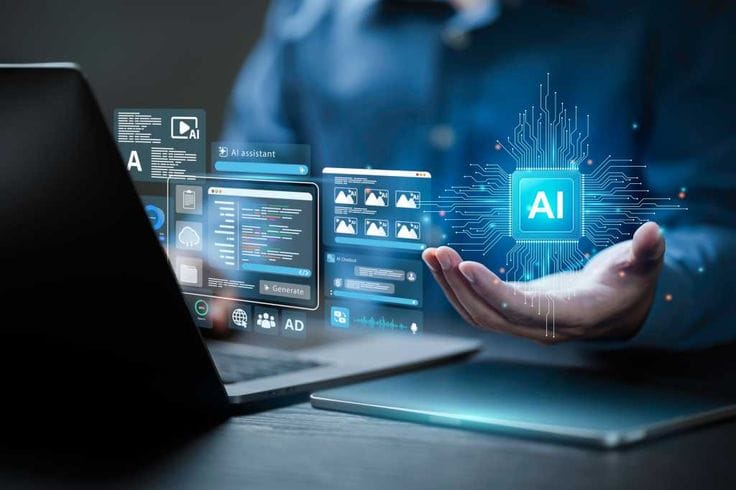In today's competitive event landscape, one-size-fits-all approaches no longer cut it. Attendees expect experiences that speak directly to their interests, preferences, and professional goals. The key to delivering these tailored experiences lies in data – and more importantly, how you leverage it to create meaningful, personalized interactions that drive satisfaction and ROI.
The Power of Data-Driven Event Personalization
Event personalization isn't just about adding someone's name to an email. It's about creating experiences that feel uniquely crafted for each attendee based on their behavior, preferences, and objectives. When done right, personalized events can increase attendee satisfaction by up to 73% and boost event ROI by 40%.
Modern event technology platforms collect vast amounts of data throughout the attendee journey – from registration patterns and session preferences to networking behaviors and engagement metrics. The challenge isn't gathering this data; it's transforming it into actionable insights that enhance the attendee experience.

Key Areas Where Data Drives Personalization
1. Intelligent Session Recommendations
By analyzing attendee profiles, past event behavior, and stated interests, smart algorithms can recommend sessions that align with individual goals. This goes beyond simple category matching – advanced systems consider factors like skill level, industry focus, and career trajectory to suggest truly relevant content.
For example, a marketing professional attending a tech conference might receive recommendations not just for marketing sessions, but for specific talks about AI in marketing automation or data privacy compliance – topics that intersect with their role and current industry trends.
2. Dynamic Content Curation
Event apps and platforms can now deliver personalized content feeds, displaying the most relevant announcements, resources, and updates for each attendee. This ensures important information doesn't get lost in the noise and keeps attendees engaged with content that matters to them.
3. Strategic Networking Facilitation
Perhaps the most valuable aspect of events is networking, yet it's often left to chance. Data-driven platforms can analyze attendee profiles, interests, and objectives to suggest meaningful connections. By facilitating introductions between attendees with complementary goals or shared interests, events become more valuable networking opportunities.
4. Customized Communication Flows
Pre-event, during-event, and post-event communications can be tailored based on attendee segments, engagement levels, and preferences. New attendees might receive orientation materials, while returning participants get updates on new features or sessions that build on previous year's content.
The Technology Behind Personalization
Modern event platforms use a combination of technologies to deliver personalized experiences:
Machine Learning Algorithms analyze patterns in attendee behavior to predict preferences and suggest relevant content or connections. These systems improve over time, becoming more accurate at understanding individual preferences.
Real-Time Analytics track attendee behavior during the event, allowing for dynamic adjustments to recommendations and content delivery. If someone spends significant time in certain exhibit areas, the system can suggest related sessions or networking opportunities.
Integration Capabilities connect event data with CRM systems, marketing automation platforms, and other business tools to create comprehensive attendee profiles that inform personalization efforts.
Mobile-First Design ensures personalized experiences are accessible throughout the event venue, with push notifications, location-based recommendations, and seamless access to personalized agendas.
Measuring the Impact of Personalization
The success of event personalization should be measured across multiple dimensions:
Engagement Metrics such as session attendance rates, app usage, and content interaction provide immediate feedback on personalization effectiveness. Personalized events typically see 35% higher session attendance and 50% more app engagement.
Satisfaction Scores from post-event surveys reveal how well personalization met attendee expectations. Events with strong personalization strategies consistently achieve Net Promoter Scores 25-30 points higher than generic events.
Business Outcomes including lead quality, partnership opportunities, and revenue generation demonstrate the ROI of personalized experiences. Sales teams report that leads from personalized events convert 60% faster than those from traditional events.
Long-term Engagement measures how personalization affects attendee retention and advocacy. Personalized events see 45% higher registration rates for subsequent events and generate 3x more social media mentions.
Best Practices for Implementation
Start with Clear Objectives
Before implementing personalization technology, define what success looks like for your specific event and audience. Are you focused on increasing networking opportunities, improving session relevance, or enhancing sponsor value? Clear objectives guide technology selection and measurement strategies.
Respect Privacy and Build Trust
Personalization requires data, but attendees must feel comfortable sharing information. Be transparent about data collection and use, provide clear value in exchange for data, and ensure robust privacy protections are in place.
Balance Automation with Human Touch
While algorithms can process data at scale, human insight remains crucial for understanding context and nuance. The most successful personalized events combine automated recommendations with human-curated experiences.

The Future of Personalized Events
As artificial intelligence and machine learning technologies advance, event personalization will become even more sophisticated. We're moving toward events that adapt in real-time to attendee behavior, predict networking opportunities before they're obvious, and create seamless experiences across physical and digital touchpoints.
The integration of IoT sensors, advanced analytics, and predictive modeling will enable events that not only respond to attendee preferences but anticipate their needs. Imagine events that automatically adjust lighting and temperature in session rooms based on attendee comfort preferences, or that suggest lunch partners based on conversation topics from morning sessions.
Conclusion
Event personalization represents a fundamental shift from broadcasting to narrowcasting – from creating one experience for everyone to crafting unique experiences for each individual. The data and technology exist today to make this vision a reality, but success requires thoughtful implementation, clear objectives, and a commitment to continuous improvement.
Organizations that embrace data-driven personalization will create events that attendees not only enjoy but actively seek out. These events become competitive advantages, driving higher satisfaction, stronger relationships, and measurable business outcomes.
The future of events is personal, and that future is available today for organizations ready to leverage their data for truly tailored experiences.


